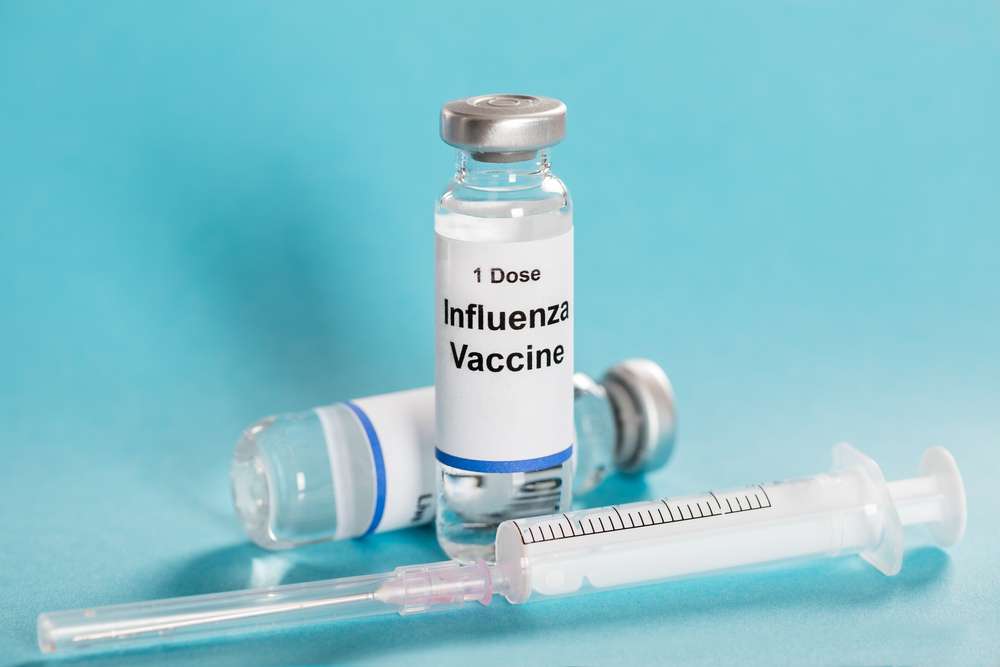Contents:
- Medical Video: White Coat Hypertension
- Some conditions that cause a person to regularly check blood pressure
- When is the best time for blood pressure checks?
Medical Video: White Coat Hypertension
Everyone must check their blood pressure regularly. That way, you will know the condition of your heart health. Normal blood pressure checks show that your heart is able to provide a good supply of blood containing oxygen and food to all organs of the body. Conversely, if the results of blood pressure checks show abnormal results, then this is a signal that your body is not in good condition.
Although this examination is recommended for everyone, some people with certain conditions may be advised to check their blood pressure more often. Are you included? Find out the answers in this article.
Some conditions that cause a person to regularly check blood pressure
If you are healthy and don't have any disease, then your blood pressure should be within the normal range. Normal blood pressure ranges from 90/60 mmHg to 120/60 mmHg. In other words, normal systolic pressure is 90-120 mmHg. While healthy diastolic numbers range from 60-80 mmHg.
If when checking blood pressure, the two numbers result in less or more, you may experience certain heart function disorders. Some conditions that make you have to do a blood pressure check include:
- 35 years or older
- Have a history of hypertension
- Have high blood risk factors because of heredity
- Have a history of heart or kidney problems
- Is pregnant
Anyone can experience high blood pressure, even children. If you or someone in your family has not checked blood pressure in the last 5 years, immediately check your blood pressure to the doctor.
When is the best time for blood pressure checks?
There is no such thing as the "best" time to check your blood pressure. Blood pressure is usually the lowest after waking up and tends to continue to change throughout the day. This is a result of hormonal changes, levels of activity, and eating. Determining a good time to check blood pressure depends on three things:
- The reason you check
- Your daily schedule
- Convenience
If you do regular blood pressure checks at your doctor, your doctor may try to schedule appointments at different times. This is done intentionally, so that blood pressure readings from different situations can be obtained. Some of these readings on average become one composite result, which is used to provide a diagnosis in accordance with the guidelines for assessing blood pressure by default.
Measuring blood pressure at different times provides a more accurate picture of your health condition. Because this shows the different levels of activity, stress, and hormonal changes.
If you do a blood pressure check to monitor the effectiveness of the treatment, it is most effective to check your blood pressure later. In other words, measuring blood pressure at the same time on a different day should show the same reading. Now, by doing the reading at the same time, it's easier to really see what effect your treatment is having on working optimally or not. A successful treatment program should produce a "same time" reading that tends to decrease.
When choosing the time to check your blood pressure, make sure that it's the time that fits your schedule. You must choose a time slot that will not be interrupted by your work or other activities.












